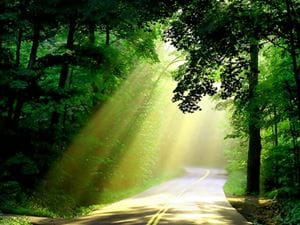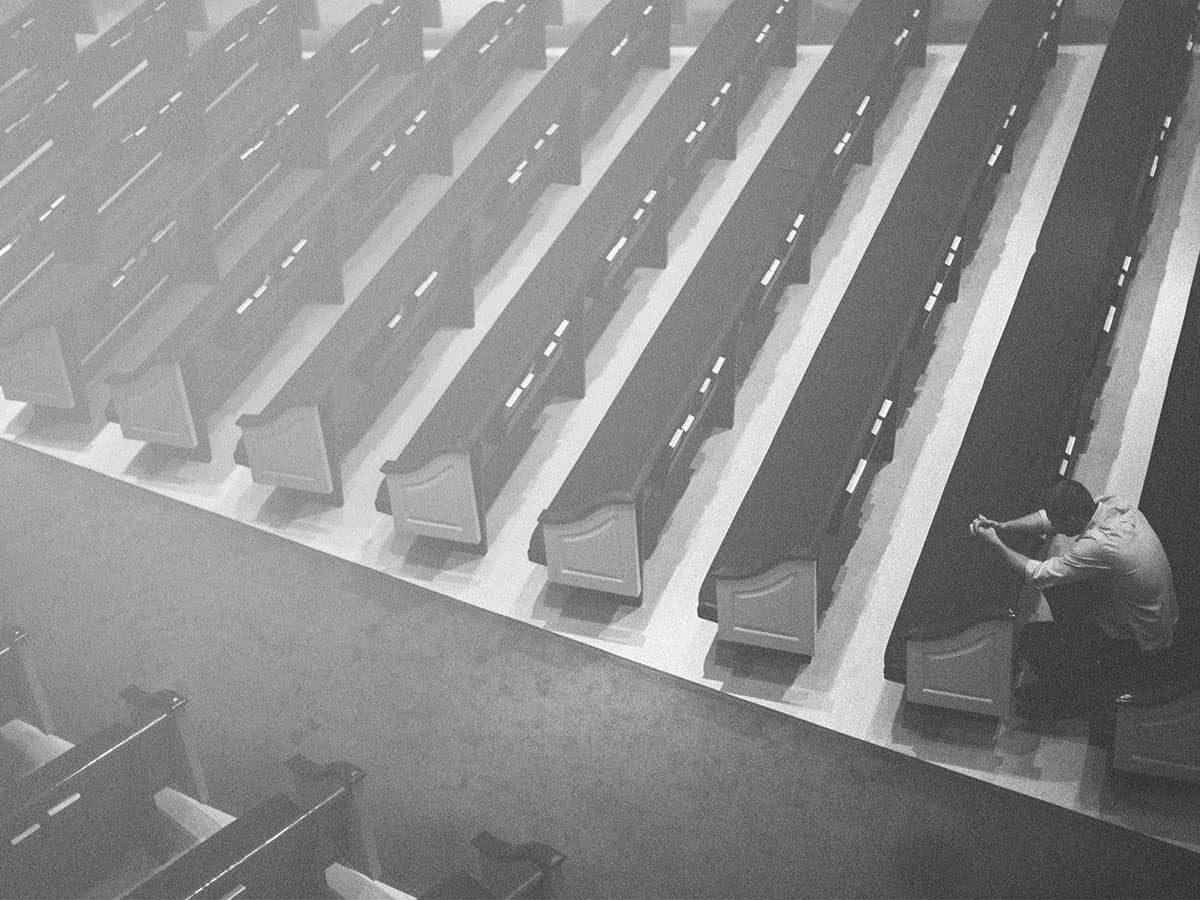
My book The Basic Beliefs of Judaism: A Twenty-first-Century Guide to a Timeless Tradition has just been published. When I began doing research and writing for the book, I thought I wanted to help people who wanted to begin or continue their spiritual search. The idea of such a search sounds enticing and even dangerous, as though there are a series of alleys in life, most of which lead to dead ends or dangerous situations. But the optimistic underlying assumption of the idea of a spiritual search is that if we look long enough and in enough places and try on enough spiritual identities, we will eventually locate our true selves and live happily ever after, at least in a spiritual sense. I wanted to provide a guide for those who looked down the Jewish alley, who wanted to discover how the Jewish mind worked in dealing with the big issues of life, such as God, evil, and the afterlife. I figured that we’re all looking for the meaning of life on our life journey, and I could at least provide one possible answer for some people who were searching.
But what I discovered as I wrote was that the true spiritual search involved as much of a recovery as a discovery. We didn’t just need to look in new places and have new experiences, but we also needed to perceive the world we once knew and experience even now in a new way. We need to recover our own world, to recover insights and perceptions we once had but have lost.
I was once walking with one of my daughters, who was then about three years old. As we walked, she spotted a bright, colorful butterfly. She stopped and stared at it as it fluttered around us, and, evidently uninspired, flew away. I was ready to keep walking, but my daughter remained still. Finally, she turned to me and said, “That’s the third butterfly I’ve ever seen in my life.”
That is an example of the first aspect of spiritual recovery: to re-capture our childlike innocence about all of life. The sheer wonder of a butterfly, a sense of awe before its majestic colors and flight, is a symbol of our lost skills, our ability to be overwhelmed by the curious strangeness and beauty of life.
This recovery of childlike innocence can be supplemented by an adult apprehension of what is in front of us. Rabbi Abraham Joshua Heschel sometimes walked into an evening lecture or class and announced that a miracle had just happened. Heschel’s voice, manner, and flowing white hair and beard were dramatic, and audiences eagerly anticipated the revelation of what that miracle might be. Then Heschel told them: “The sun set.”
We have lost our ability to see the miracles in front of us, to find in the sun setting the exemplification of all that is wondrous about living. I suspect that all of us can recall a sunset that defied our limited expectations. For me, it happened when I was younger and standing with my father high up in the White Mountains of New Hampshire. We stared at that sun, and I was ready to believe that if only I could reach far enough I could touch it, for it seemed just in front of me.
For Heschel, this sense of awe was the gateway to understanding God far more than rote prayers or behaviors done without thinking. As he once put it, “Just to be is a blessing. Just to live is holy.”
As we grow we give up much else besides our ability to experience awe. Many people stop asking the big questions of life and focus on the practical ones. We stop playing and start working. We assign questions of meaning as belonging to adolescent angst not to the serious adult struggles that such questions deserve.
And, as life hardens us, we cover up our feelings so that they become forgotten. We also need to recover not only our ability to see but our ability to recall the feelings that we have tucked away in our memories.
My wife discovered that. Her father had suffered for some time before finally dying when she was fourteen. This loss was accompanied by a sense of powerlessness, the overwhelming sense that she was too young, too inexperienced with life, to provide him some help. The pain of this loss burrowed deeply within her. Some years later, she began volunteering at a veterans home. One of the people she visited had Guillain-Barre syndrome and was immobile. The patient was unable to talk at all. He communicated simply through facial expressions. My wife used to read to him and found that he seemed especially to enjoy the weekly ritual of her reading to him a newspaper article about his life. She combed his hair, gently and with care. And in those moments, she realized this man could have been her father, and she was able to do for him what she hadn’t been able to do when she was fourteen.
In recovering her buried feelings, my wife found a new purpose in life and a sense of emotional relief.
We all have childlike innocence, a sense of awe and wonder, and long-buried feelings to recover. Doing so doesn’t typically fall under the heading of “spiritual search,” but I think that recovery is a great place for us all to begin.
We can play more with our children and grandchildren, watching and listening to them. We can take the time to look at a flower or a rainbow and focus on our feelings while we look. We can do volunteer work or simply look within ourselves for what happens if, to paraphrase the writer Langston Hughes, we defer our dreams, or we bury our pain, or we forget to continue celebrating the moments when we shined brightly.
It is this sort of recovery that is the first step in a spiritual search.

